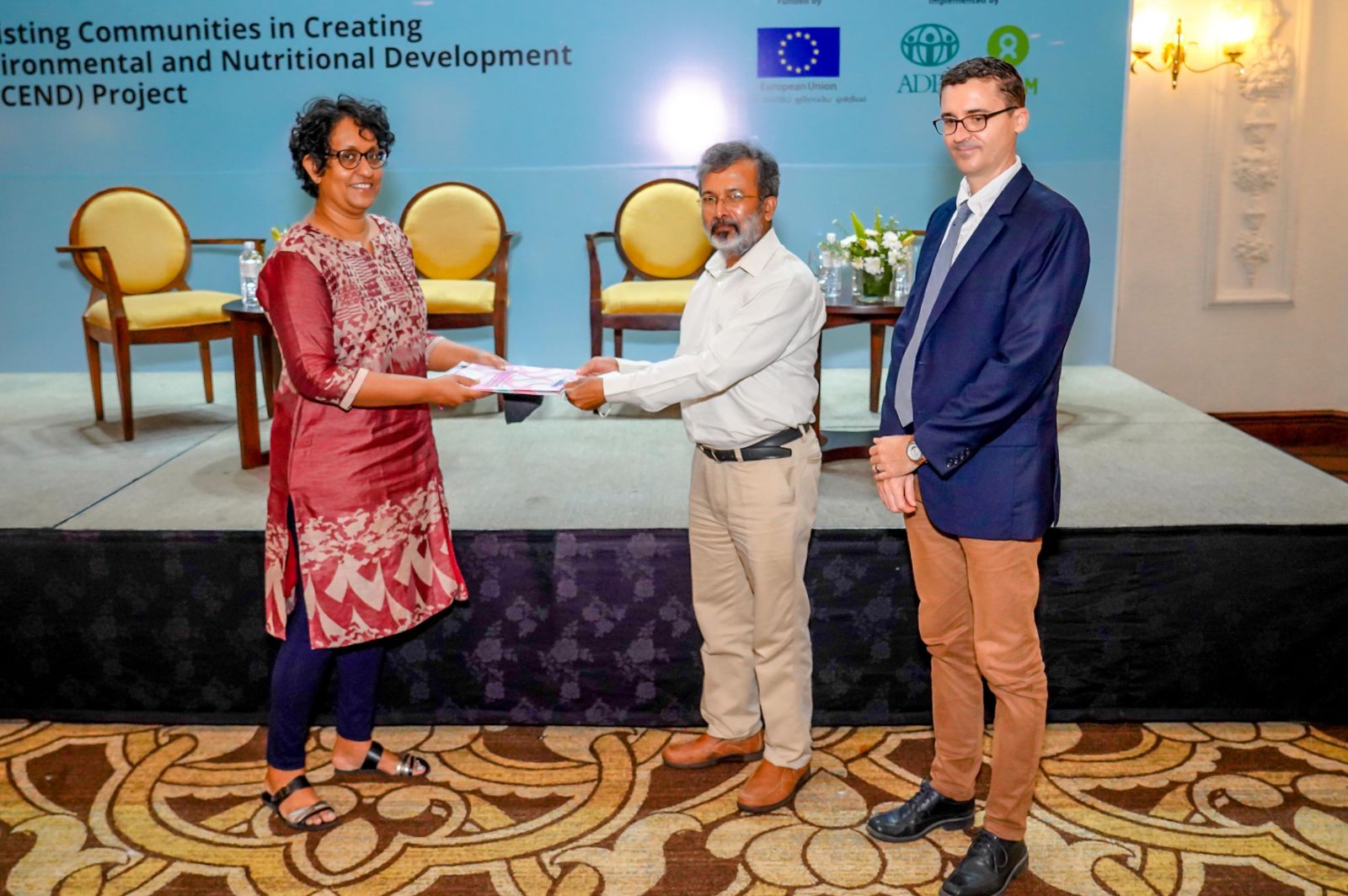A new study shows that 50% of households with women and girls of menstrual age in Sri Lanka cannot afford to spend enough money on hygiene products such as sanitary napkins. The study titled “Taxing Menstrual Hygiene Products in Sri Lanka: A policy analysis” was published recently through the European Union (EU) funded project “Assisting Communities in Creating Environmental and Nutritional Development (ACCEND)”.
The study focuses on understanding how the taxation of menstrual products can contribute to period poverty ─ the inability to afford these products ─of low-income women and girls. This is due to reasons such as lack of education about basic sexual and reproductive health including menstrual hygiene, lack of infrastructure to support women and girls, and a lack of access to cheap menstrual hygiene products.
At present, sanitary products in Sri Lanka are taxed at 52%, making pads and other menstrual hygiene products too expensive for many girls and women from low-income communities. This leads to a high level of absenteeism of girls in schools and women in the workplace. Over five million women and girls from across the country are affected. Sri Lanka Customs data shows that the tax on sanitary napkins and tampons provides a very negligible income to the State’s budget (0.005% of total tax revenue in 2019).
Speaking at the launch of the study, Hon. Dr. Harini Amarasuriya, Member of Parliament said that “Period poverty is a problem that needs to be addressed holistically. It is crucial to ensure that budget allocations are made in order to continuously fund work that benefits women’s health and well-being.”
Jenny Correia Nunes, Head of Cooperation at the Delegation of the European Union to Sri Lanka and the Maldives, pointed out that: “This study is the first of its kind in Sri Lanka. It shows that the lack of affordable menstrual hygiene products continues to have a negative impact on women and girls’ health, and education in Sri Lanka. That is why we are working together with our partners, ADRA and Oxfam, to raise awareness and tackle this important socio-economic problem.”
The study was conducted by Advocata Institute on behalf of the ACCEND Project, which is jointly implemented by ADRA and Oxfam, and funded by the European Union.
Copies of the report can be accessed here: https://bit.ly/3CNabzX
Pictures: Kumara Bopearachchi | Pulse






